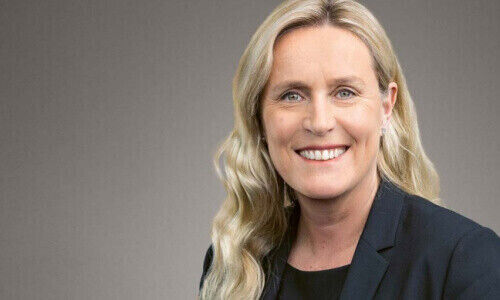Biggest Challenge Still Awaits Ermotti & Co
UBS once again surprised markets with its quarterly results. However, the integration process still has a long way to go, and in one key area, the major bank has only limited influence.
For UBS CEO Sergio Ermotti and his team, things couldn’t be going much better at the moment. Net profit climbed to $1.4 billion in the third quarter, and client momentum remains strong, as reflected in Global Wealth Management's net new asset inflows of $25 billion.
In integrating the former Credit Suisse (CS) business, UBS has shown remarkable consistency. This success is evident in the third-quarter numbers, with costs cut by an additional $0.8 billion—more than anticipated. According to previous statements, UBS is now around six months ahead of its own schedule, with a target to reduce costs by $13 billion by 2026. By the end of this year, it is expected to reach approximately $7.5 billion.
Real Test Will Be Swiss Data Migration
However, the remaining challenges in integrating CS should not be underestimated. One of the most demanding tasks is the migration of customer data. While this has been successfully completed in Luxembourg and Hong Kong, and is expected to conclude by the end of the year in Singapore and Japan, the real test will be in Switzerland, where the majority of data is located. Migration efforts in Switzerland are set to begin in early 2025 and will require significant personnel and financial resources.
UBS is well-advised to stay on track with its ambitious integration schedule. These efforts tie up resources, reducing net profit, and UBS has no interest in prolonging this challenging period. For context: UBS closed the year before acquiring CS with a net profit of $7.6 billion.
Dependent on Decisions from Bern
UBS is keen to return to this level of profitability. However, a significant hurdle could lie ahead: capital requirements. If UBS is mandated to build an additional 15 to 25 billion Swiss francs ($29 billion) in equity, it would hinder the bank’s global competitiveness.
UBS has limited influence over this decision, which ultimately lies with the Federal Council and Parliament in Bern.
No Unconditional Goodwill
Throughout the first half of 2024, UBS CEO Ermotti consistently highlighted the challenges posed by tightening capital requirements. His inner circle emphasizes that UBS’s position must be well-understood.
Whether these efforts will bear fruit remains to be seen. Persistent, and at times intense, criticism of corporate lending practices has shown that UBS cannot expect unconditional goodwill outside the financial industry— even if the acquisition of CS in 2023 likely averted greater harm to Switzerland's financial and economic stability.




























